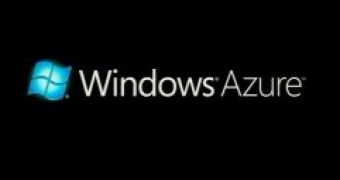Windows Azure is a new direction in Microsoft's approach to building platforms not only because of its exclusive focus on the Cloud, but also because it will introduce a new licensing model compared to the company's client and server operating systems. In this regard, Windows Azure will never leave Microsoft, or rather its datacenters. The software giant revealed that its Cloud OS would not be available for licensing for third parties that would wish to run the platform on their own. With such a move, Microsoft is attempting to create a clear distinction between its server and Cloud offerings and not offer overlapping products on the market to the same customer base. The promise is that innovations and technologies that will be introduced with Windows Azure will make their way onto Windows Server and System Center.
“Down the road, many features that drive our cloud fabric in Windows Azure will land in our premises technology, including Windows Server and System Center,” revealed Steven Martin, director, CSD Product Management Microsoft. “You could imagine that at some point a “cloud” and an enterprise data center will share a lot of the same attributes in terms of the functionality it delivers and the way it runs. There will be places where Windows Azure features will make good sense for customers across multiple segments, and we want to make sure that functionality is offered to them as broadly as possible for their on-premises solutions.”
Essentially, Windows Azure represents and extension of the Windows Server codebase, and as such the two products will share their evolution. But out of the two only Windows Server will continues to be sold/licensed, as Azure will not be available for on-premise deployment. “So, to net this out… While Windows Azure isn’t something we will license for premises deployment, we will license many of the innovations via future versions of Windows Server and System Center,” Martin added.

 14 DAY TRIAL //
14 DAY TRIAL //